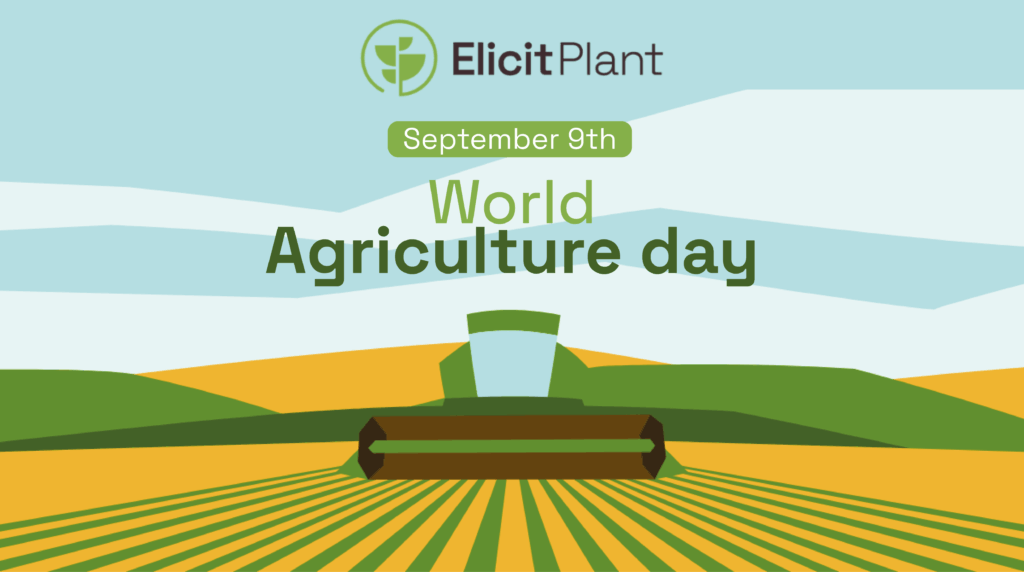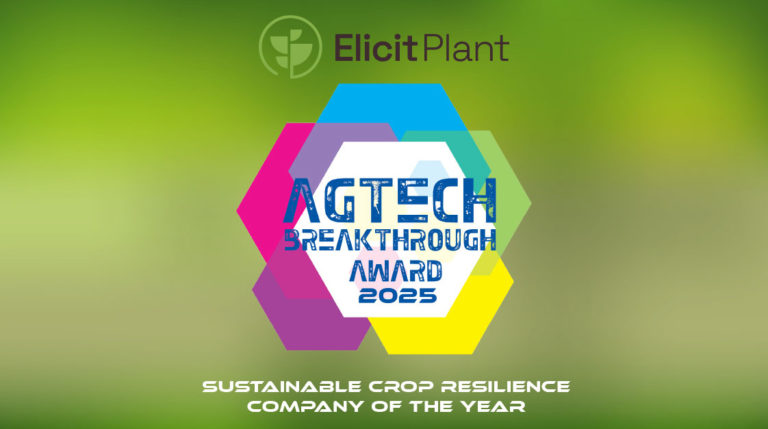Every year on September 9th, World Agriculture Day, organized by the FAO*, pays tribute to all the people who feed the planet. This day is more than just a celebration; it invites us to learn about the gigantic challenges facing the agricultural sector: feeding an ever-growing global population, protecting natural resources, and coping with an increasingly unstable climate.
Abiotic stresses, a major challenge for productivity
Every field that struggles to produce to its full potential has underlying problems that are often underestimated: abiotic stresses. Drought, heat, nutrient deficiencies… climate change aggravates all of these factors, which currently cause up to 80% of yield losses in field crops.
Their impact is significant. For farmers, this results in financial losses sometimes reaching tens of thousands of dollars per farm. And unlike diseases or pests, these problems are not always immediately obvious – they operate covertly, gradually weakening the plants in terms of growth and productivity.
An increasingly difficult global context
Repeated droughts, unseasonal heat waves and soil depletion are no longer isolated events. They have become common in many farming regions. The proliferation of these hazards jeopardizes the stability of production systems, threatening not only the profitability of farms, but also global food security.
In the face of these disruptions, farmers are innovating, experimenting, and adapting their practices. But it’s essential that all stakeholders – scientists, companies, governments and citizens – support this transition to more resilient agriculture.
Anticipate to build the agricultural future
World Agriculture Day reminds us that it’s not enough to just react to crises; we need to anticipate in order to maintain yields and protect the soil. Adapting technical itineraries and cultural practices, improving water and nutrient efficiency, developing innovative solutions: these are critical levers to secure harvests and maintain crop performance.
Acting on these “silent” factors has now become an agronomic imperative. Because protecting crops from abiotic stresses also protects farmers’ income, the vitality of rural areas and, in the final analysis, the food supply for all of us.
Solutions exist
On World Agriculture Day, it is vital to remember that the biggest agricultural challenges are not caused by visible enemies alone. Discreet but powerful factors affecting the climate and the environment also threaten productivity and the world’s food security.
Celebrating this day means honoring farmers and reasserting the need for collective action. And one of the emerging solutions is Elicit Plant, which is establishing itself as a key player in this transition. Thanks to a unique innovation using plant-based phytosterols, its biosolutions give crops better resistance to abiotic stresses and let them express their potential, even under difficult conditions.
Protecting crops from climate hazards is not just necessary: it’s a commitment we all share, to ensure a secure, sustainable food supply for the future.











